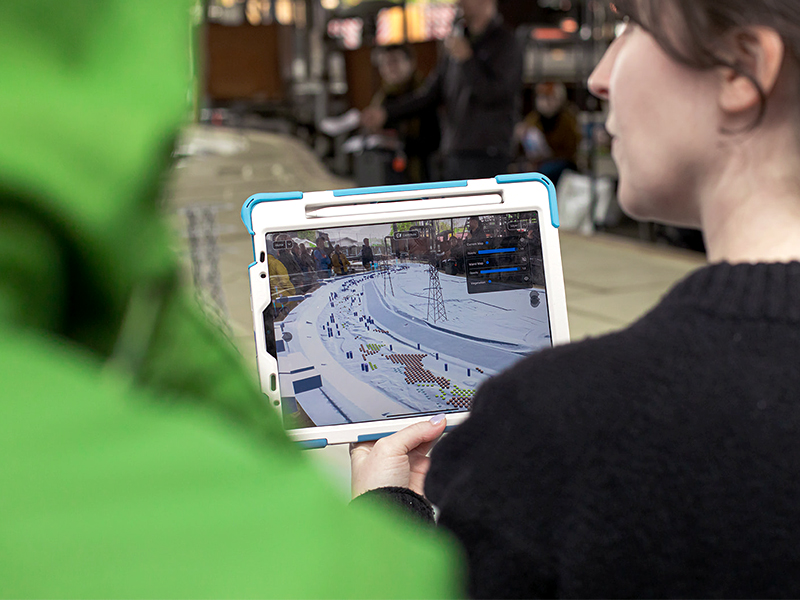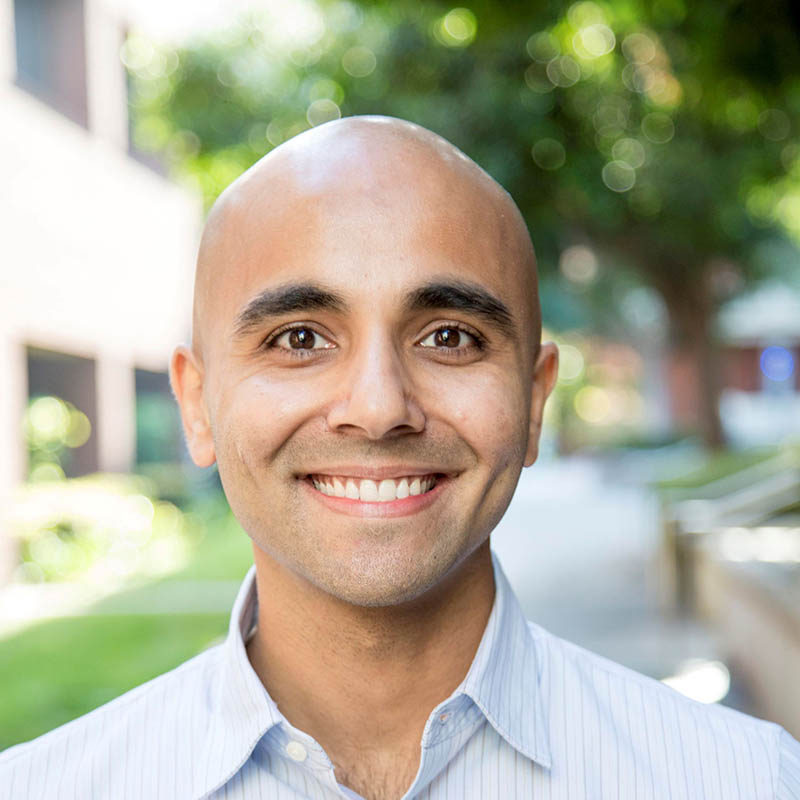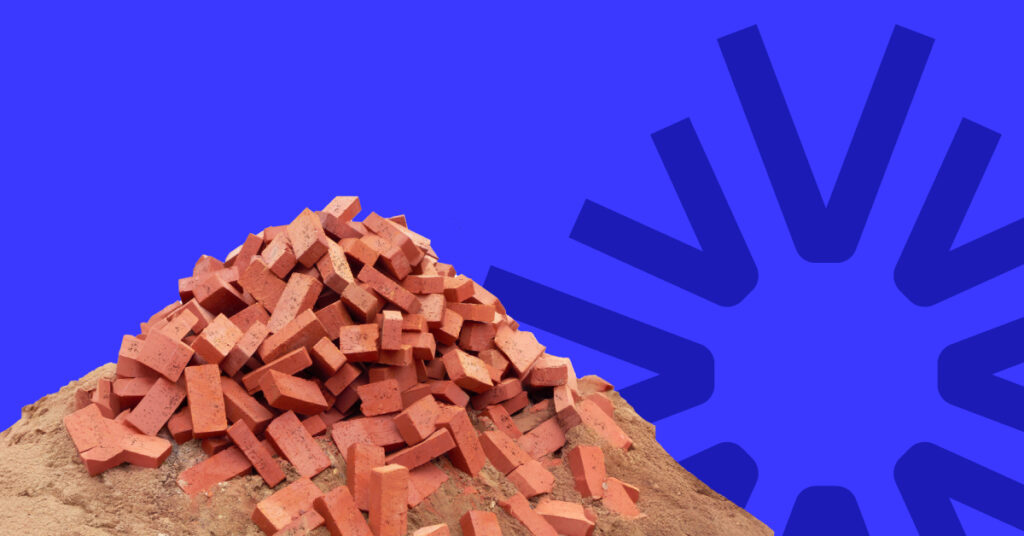Reimagining urban rivers
USC
Share this page

Impact
This project will inspire a safer, more vibrant L.A. River with stronger flood protection, more native wildlife, and new places for families to gather—all shaped by the people who live there. With this new approach to urban design, we’re creating a better way for cities to reimagine public spaces with the local climate—and community—in mind.
60 ft Size of the physical model of the Glendale Narrows. It accurately represents this section of the river and provides scale simulations of water flows and geological features.
Challenge
As L.A. prepares to redesign major sections of the L.A. River to repair ecosystems and address flood concerns, the City wants to make sure nearby communities are part of the process—understanding design options and project goals, asking questions, and offering feedback. But with restoration efforts this big and complex, it’s tough to keep everyone on the same page.
Our plan
We’re developing a new way for planners, engineers, and the public to explore design ideas together—and make sure city projects work for the people they affect. To do all of this, we connected with experts in engineering, landscape design, ecology, hydrology, augmented reality, and social sciences.
Project Goals
Build better design tools
We’re developing new tools—like an interactive river simulator—so planners and engineers can test designs and demonstrate what they would look like in real life.
Get local input
Resident feedback helps us build tools that keep the design process transparent—so the community stays informed and involved.
Collect real-time river data
Understanding the river more thoroughly helps us create designs that work with the river’s seasonal patterns and our changing climate.
Create new river designs
With new upgrades based on more robust data, cutting-edge technology, and more stakeholder input, we can make recommendations to create a river that families and wildlife enjoy.
Approach
We ran local focus groups and artist-led workshops, built new augmented reality (AR) design tools, and launched the first L.A. River observatory—all to better understand what people want, how the river works, and establish an easier way for the public to shape future city projects.
Focus Groups
Augmented Reality Models
Physical Modeling
Government & community partners

“Ensuring that the solutions remain effective over their intended lifetime—and in a changing climate—requires novel monitoring and management approaches. Building consensus among project partners and community members requires inclusive and interactive collaboration tools.”
Mitul Luhar, for the National Academies


